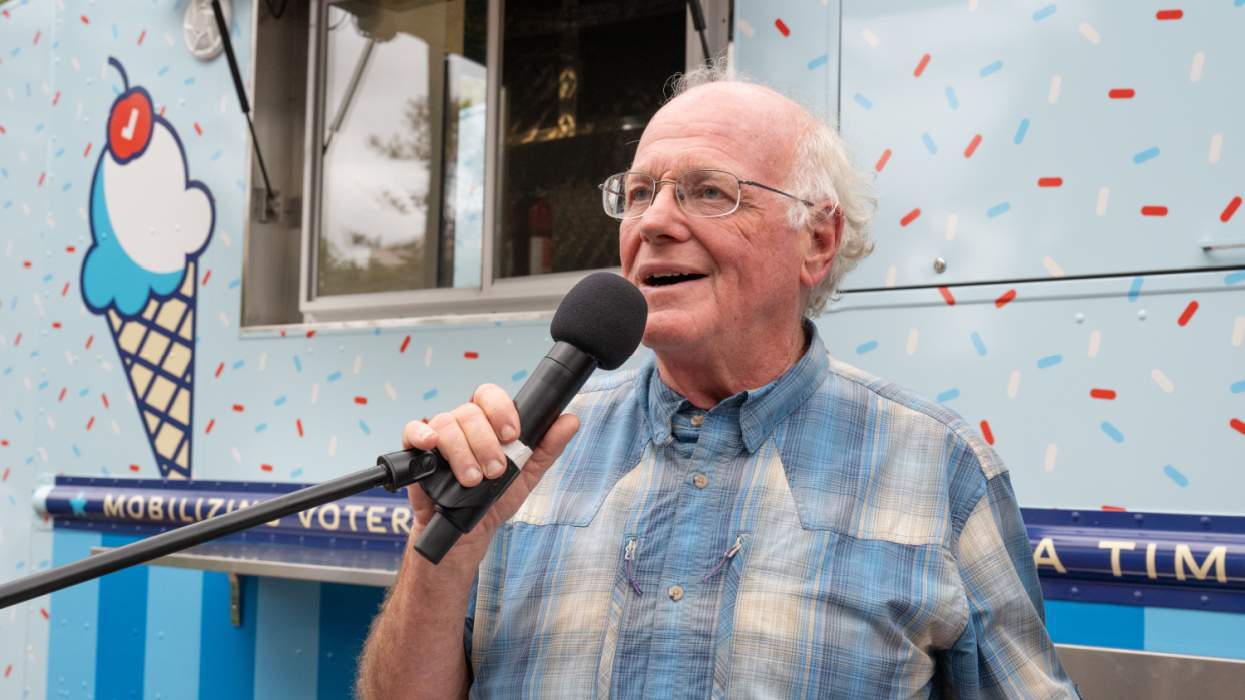A Colorado website designer has filed an appeal with the U.S. Court of Appeals for the Tenth Circuit challenging the state's antidiscrimination law, which she says will not allow her to refuse to make wedding websites for same-sex couples.
Court documents from last Friday obtained by the Denver-based Westword show that Lorie Smith, of 303 Creative, does not actually make wedding websites yet, nor have any gay clients explicitly asked her to do so.
But in 2016, she filed suit claiming that she wanted to post a notice on her website saying that as a Christian, she "will not be able to create websites for same-sex marriages or any other marriage that is not between one man and one woman."
Smith knew, however, that doing so would likely be a violation of Colorado's statute banning anti-LGBTQ discrimination. Instead of waiting for the chance to deny services to a gay couple, Smith "decided to challenge the law in court before it was enforced against her," as her attorneys from the Alliance Defending Freedom write on the group's website.
Federal district courts repeatedly ruled against Smith, with Judge Marcia S. Krieger dryly noting in September 2017 that "the Court cannot determine the imminent likelihood that anyone, much less a same-sex couple, will request [Smith's] services." Krieger later, in her 2019 dismissal of the case, observed that Smith was using her challenge to one clause of the statute -- which would ban the posting of a notice saying she intended to discriminate -- "as a Trojan Horse to challenge the Accommodations clause indirectly." In other words, Smith was trying, and failing, to target the part of the law that bans the denial of goods and services to LGBTQ people by objecting to the clause that bans communicating about doing so.
As Michael Roberts put it for Westword: "The ADF wanted to pick a fight, and the court wasn't interested in participating."
Smith's case represents yet another attempt by the ADF to erode antidiscrimination laws under the guise of protecting free speech. The anti-LGBTQ litigation firm also backed Jack Phillips, the Colorado baker who didn't want to make wedding cakes for same-sex couples, in Masterpiece Cakeshop, Ltd. v. Colorado Civil Rights Commission. In Masterpiece Cakeshop, the U.S. Supreme Court ruled in Phillips's favor, but the decision only applied to the baker. This left the door open for others to challenge Colorado's antidiscrimination law, and conservatives have been happy to take up the fight.
ADF has also represented a Kentucky print shop owner who wouldn't create shirts for a 2012 Pride festival, a Washington florist who refused to provide flowers for a longtime client's wedding to his same-sex partner, and Arizona graphic designers who didn't want to create invitations for same-sex weddings, just to name a few. As Imani Gandy writes for Rewire.News, these cases "are part of a nationwide crusade by evangelical Christians to weaponize the First Amendment and religious freedom to defend anti-gay bigotry."
Should the Tenth Circuit rule against Smith, it's likely that the ADF will ask the Supreme Court to intervene again -- giving conservatives another chance to chip away at LGBTQ legal protections.
![[Photo: A minister looks at a gay couple getting married, who are facing away from the camera.]](https://www.advocate.com/media-library/photo-a-minister-looks-at-a-gay-couple-getting-married-who-are-facing-away-from-the-camera.jpg?id=32663203&width=1245&height=700&quality=65&coordinates=0%2C0%2C0%2C2)














Charlie Kirk DID say stoning gay people was the 'perfect law' — and these other heinous quotes
These are some of his worst comments about LGBTQ+ people made by Charlie Kirk.